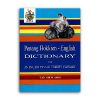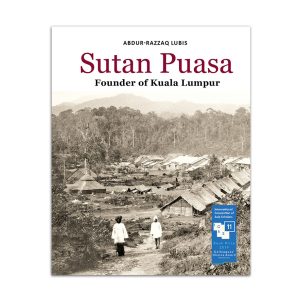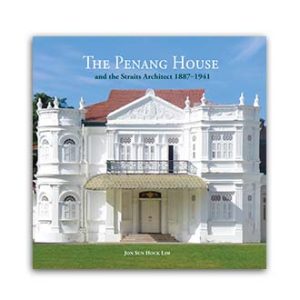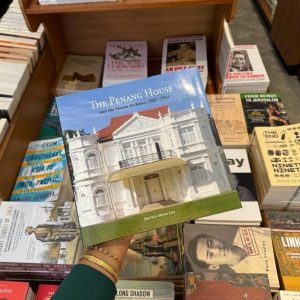There are over 6,500 languages in the world and almost half are in danger of extinction. – The Star, 7 Aug 2016
Tan Siew Imm, a former lecturer at Sunway University’s Centre for English Language Studies said that Penang Hokkien, which comprises a colourful mélange of original and borrowed words from Malay, and less frequently, from English, may just be on this endangered list. She’s not alone in making this startling claim. An academic from New Zealand (who is also compiling a similar dictionary) said the same thing recently. Recognising this dire situation, Tan set out to protect her mother-tongue from disappearing, and this is the result: the Penang Hokkien-English Dictionary, which carries over 12,000 entries.
Compiled after more than three years of research, this new lexicon is designed to be user-friendly for both natural users and learners of the language. It lists Hokkien words and terms, and their definitions in English. The orthography used in this dictionary is based on the one used by Carstairs Douglas in the Chinese–English Dictionary of the Vernacular of Spoken Language of Amoy (1873). After almost 150 years however, it is obvious that spoken Hokkien language has evolved, and the changes have been captured in this new dictionary. In addition to literal translations, for example guân-chú for plastic, it also provides culture-specific terms used, such as thīm kam, which is the practice of throwing mandarins into the sea during the last day Chinese New Year. For everyday conversations, the dictionary also has an English-Penang Hokkien glossary which translates common phrases.
Penang Hokkien is spoken in the northern states, from Perlis down to Kedah and Penang and Taiping and the east coast states of Kelantan and Trengganu. However, the status of the language as a mother tongue has been threatened by political events and social engineering. Hokkien, for example, has not been taught in schools in Penang since the establishment of the Republic of China in 1911, when Mandarin was made the Chinese national language. A recent study done by Sim (2010) suggests that the use of non-Mandarin Chinese languages has declined as many Chinese Malaysians use Mandarin as their lingua franca and do not teach their children their own language. Of those who use Hokkien, as high as 70% of them communicated in Hokkien with their grandparents, and not their parents. This meant that when grandparents passed on, the younger generation will stop using the language.
For Further reading, Please see our newsletter.
Highlights
- This is the first dictionary of Penang Hokkien, a unique language which uses loan words from Malay and English.
- The dictionary has over 12 000 entries and is designed to be user-friendly for both native speakers as well as learners of the language.
- Definitions of Hokkien words and phrases are in English. There is a separate glossary of English-Penang Hokkien to help the user to find Hokkien words.










